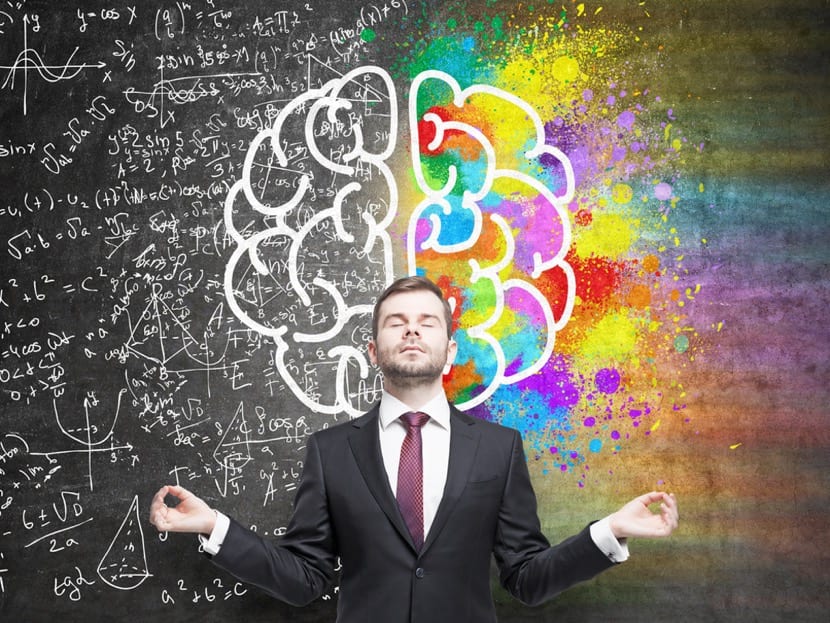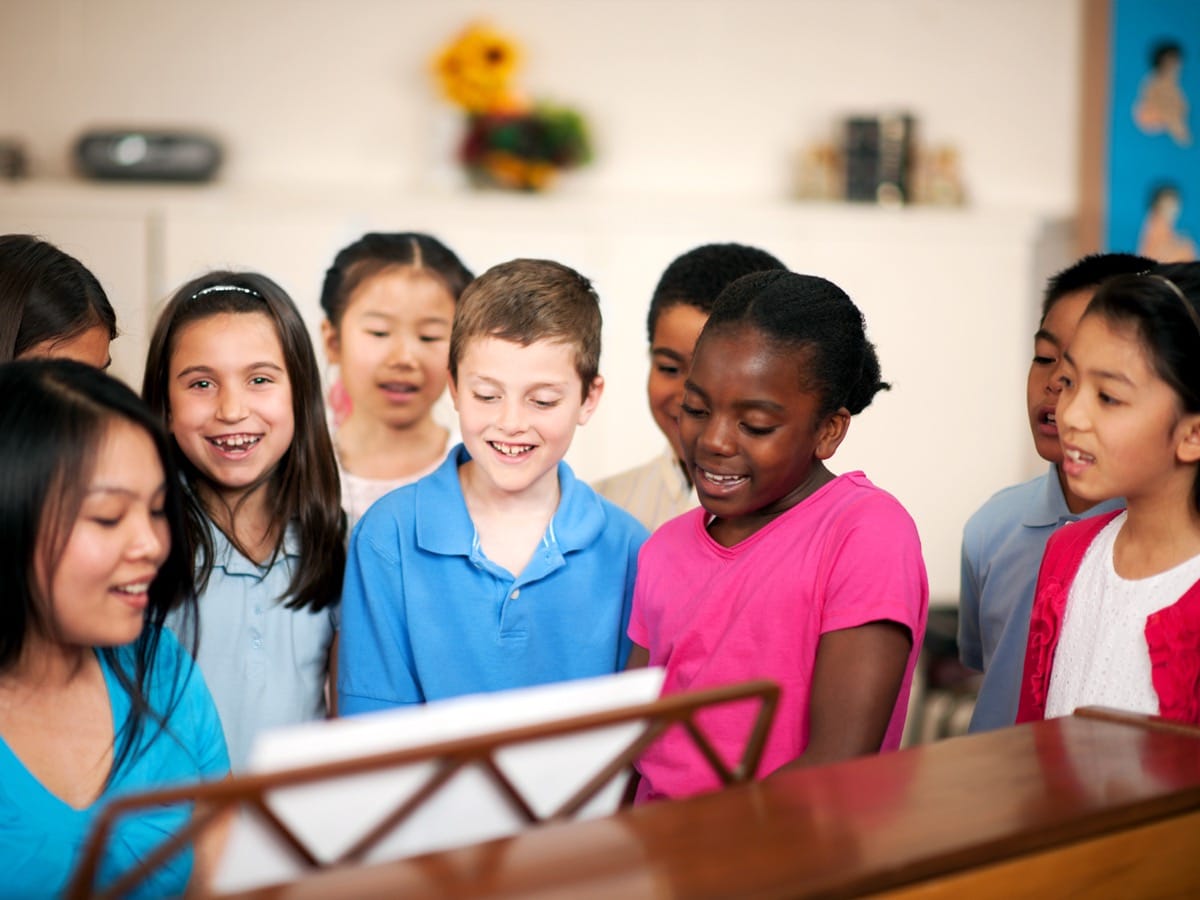
Emotional Intelligence is not something that is fashionable today, it is something that should always be worked on from the earliest childhood. Emotional Intelligence is necessary for children to grow up to be successful people. Only in this way will it be easier to understand your own feelings and those of others.
What is emotional intelligence?
Emotional Intelligence is the ability to be intelligent about feelings, our own and those of other people. It involves being able to notice, understand and act on emotions effectively.
The concept of IE has been around for decades. It was popularized by the 1995 book, Emotional Intelligence: Why It Can Matter More Than IQ. The author, psychologist Daniel Goleman, described EI as having five basic parts:
- Self-awareness: a person knows what he feels at a given moment. He understands how his mood affects others.
- Self-regulation: you can control how you respond to your emotions. Consider the possible consequences before acting on impulse.
- Motivation: You can achieve goals despite any negative or distracting feelings you may have.
- Empathy: can understand how others feel.
- Social skills: can handle relationships. He knows what kinds of behaviors get a positive response from others.

In summary, the basics of Emotional Intelligence in children and adults are similar. It's just that most of us have forgotten the first time we acquired the most basic of these skills.
As the child grows, he learns different skills IE at different speeds: there is no single, ordered, linear model to summarize what equalization should look like in children of different ages. However, there are some things that lead the child of pure sensorimotor development to make friends and control impulses.

These include, but are not limited to:
- Development of emotional awareness: first understand your own feelings, then the emotions in others.
- Recognition, identification and perceiving emotions, In addition to understanding what a feeling is, they will learn to understand what facial expressions, body language, tone of voice, etc. mean.
- When describing feelings, in addition to naming emotions, They will learn to use emotional vocabulary to convey how they feel.
- Empathize with the feelings of others: In relation to the above, this will at some point extend to feeling concern when others are not well.
- Control and manage your emotions: learn (and apply knowledge) about when it is appropriate to act or react when they feel something.
- Understand what causes feelings, both in themselves and in others.
- Understand the links between emotion and behavior, for example, "Dad hit the wall because he was angry."
How to raise an emotionally intelligent child
Most parenting advice focuses on dealing with bad behavior. While helpful, it's also akin to just offering advice on how to survive after a nuclear holocaust and not talking about how to prevent it. What generally underlies bad behavior is how the child handles negative emotions. And this is something that we rarely teach deliberately and we hardly ever teach well.

Showing children how to recognize and manage feelings prevents misbehavior, and it is a skill that will serve them throughout their lives. It prevents tantrums at age 4, but it's also the difference between saving money for college and saving money on bail later. Look at it as a training for feelings.
How is it done?
Professor John Gottman is the person who revolutionized the study of relationships, reaching the point where he could listen to a couple for a few minutes and determine with a terrifying amount of precision whether or not they would divorce. Gottman also looked at parenting. And this wasn't the last parenting theory of the week that someone came up with over lunchtime - this was a truly epic study.
She took care of more than 100 married couples with children ages 4-5 and gave them questionnaires. Then he conducted thousands of hours of interviews. He observed their behavior in his laboratory. Recorded sessions of children playing with their best friends. Monitored heart rate, respiration, blood flow and sweating. He took urine samples, yes urine samples, from the children to measure stress-related hormones. And then he continued with the children and families until adolescence, conducting more interviews, evaluating academic performance, etc.
When it came to dealing with emotions, Gottman realized that there are 4 types of parents. And three are not so ideal:
- They ignore, ignore or trivialize negative emotions.
- They criticize negative feelings and punish children for emotional expression.
- They accept and identify with their children's emotions, but they do not offer guidance or set limits on behavior.
- They accept and understand their children's emotions and seek solutions.
The children of the first three groups of parents do not usually do well. They behaved worse, had trouble making friends, or had self-esteem issues. And then they are in the fourth group, the Ultra Parents. They unknowingly used what Gottman calls "emotional training." These parents produce emotionally intelligent children. These parents accepted their children's feelings (but not all children's behaviors), They guided them through emotional moments and helped them solve problems to find a non-aggressive solution.
Children were better at calming down when upset. They could calm their hearts faster. Because of their superior performance in that part of their physiology that involves calming down, they had fewer infectious diseases.

They were better at focusing attention. They related better to other people, even in the difficult social situations they encountered in middle childhood, such as being teased, where being overly emotional is a responsibility, not an asset. They were better at understanding people. They had better friendships with other children. They were also better in situations in school that required academic achievement.

In short, they had developed a kind of "IQ" that deals with people and the world of feelings or emotional intelligence. And it all came down to how the parents handled the child's negative emotional outbursts.
